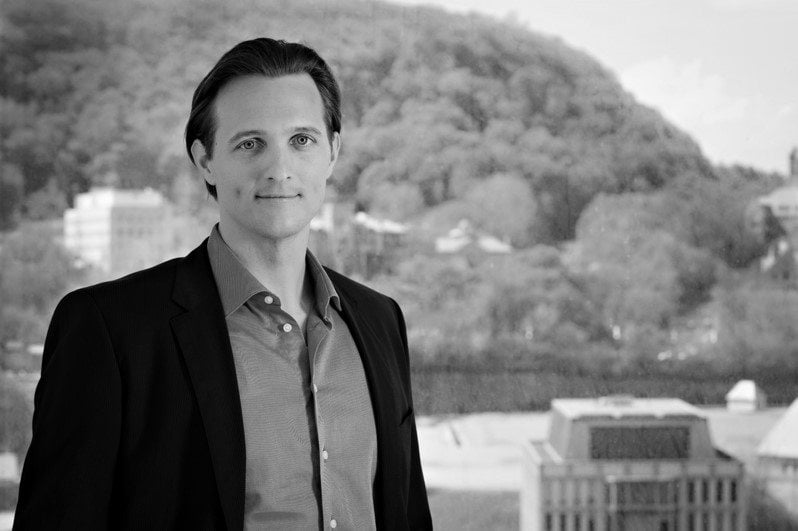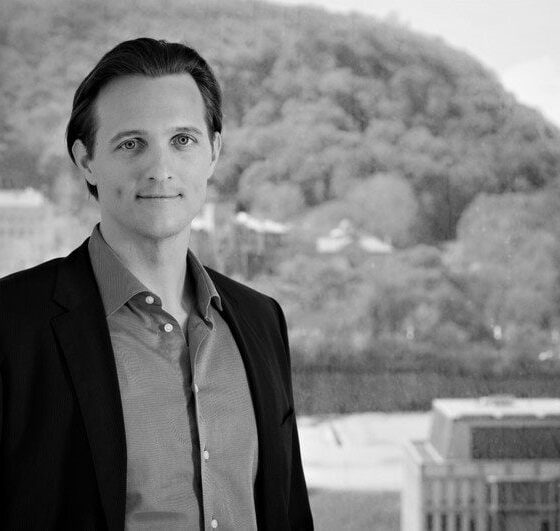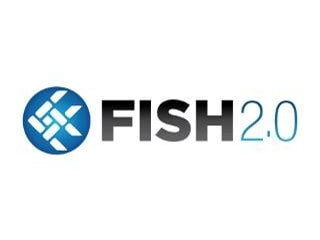

Economy
Fish 2.0 Exclusive Interview: Mather Carscallen, President, and CEO of SabrTech
Six seafood innovators capped the Fish 2.0 Competition Finals & Sustainable Seafood Innovation Forum in Palo Alto. We speak to one of the winners founder, President, and CEO of SabrTech, Mather Carscallen
In 140 characters or less – what is SabrTech?
Developer of The RiverBox™ the world’s first modular, scalable & rapidly deployable algae farm. We enable the cost-efficient commercial production of micro-algae.
What was the driver for creating SabrTech – what gap did it fill?
In 2007, SabrTech’s founder Mather Carscallen began studying the Polar Regions, exploring the consequences of icecap loss, species extinction and climate change. After evidencing the devastating human impacts on the ecosystem, he founded SabrTech in 2010 with the goal of developing eco-friendly replacement technologies.
SabrTech was created to fill a major void in the algae industry and to solve the industry’s bottleneck. SabrTech developed a technology that enables commercial-scale, low-cost algae production using award-winning, sustainable processes.
Who does it primarily serve?
SabrTech’s platform technology enables the commercial production of algae worldwide, for a variety of application from food to fuel.
SabrTech’s initial target market is the aquaculture industry, which today faces two problems:
1) Excess fish waste that creates toxicity leading to fish mortality, costing farmers between $10,000 and $700,000 per year.
2) Increasing price of aquaculture feed as fishmeal (protein) prices continue to rise due to the decline in natural fish stocks.
The RiverBox™ creates a sustainable closed loop system that addresses the waste issue and produces algae, an optimal and proven replacement for fishmeal protein. The purchase of SabrTech’s technology allows farmers to recirculate waste water, reduce pollution, provide clean water for the fish, in addition to producing on-site feed.
What difference does SabrTech want to make?
At SabrTech we believe in working with nature instead of exploiting it to achieve economic progress. We believe in creating sustainable solutions to the complex problems we face. We want to make a difference by using algae’s unparalleled potential to build a better tomorrow.
Our technology solutions will make a difference in the following fields:
– Water detoxification and bioremediation
– Algal derived feeds – Fish feed
– Algal derived energy – Biofuels, biogas
What are the barriers to making that difference?
Funding is always a barrier, especially in an industry that tends to have a long-term return on investment, which is why we focus on identifying investors who align with our vision and understand what it takes to make a global difference. Additionally, the overall mentality in the various industries, shaped by the existing structures and high investment in infrastructure, makes it difficult to sell a proposition like ours that challenges the current paradigms of success.
Who’s helping you overcome those barriers?
In addition to a very strong internal team, we are collaborating with some of the best organizations around the world, including: DHI-Singapore, Nova Scotia Community College, Dalhousie University, Berkeley Labs – Advanced Biofuel Process Demonstration Unit, and Queens University, among others. We believe that bringing a wide variety of experts to the table will accelerate our plans and help mitigate any challenges come across along the way.
You recently won a Fish 2.0 award. Without being modest, why do you think you won?
I think we won Fish 2.0 because we have created a cost-effective, local everywhere solution. Our goal is to develop sustainable solutions that proactively solve problems instead of simply mitigating the aftermath of human impact on the environment. Our solution is simple, and follows the behavior of nature, ultimately, we believe that this is the only way to create long-term sustainable change.
Are the aquaculture industry’s actions today commensurate with the significant fish stock challenges we face?
Although the aquaculture industry is growing rapidly, I believe that it is still in its infancy, in terms of being able to compensate for the significant fish stock challenges that we face.
How can people – individuals and organisations – find out more about SabrTech?
They can visit our website (sabrtech.ca) , follow us on twitter (@sabrtech) or contact us by e-mail.


 Environment12 months ago
Environment12 months agoAre Polymer Banknotes: an Eco-Friendly Trend or a Groundswell?

 Features11 months ago
Features11 months agoEco-Friendly Cryptocurrencies: Sustainable Investment Choices

 Features12 months ago
Features12 months agoEco-Friendly Crypto Traders Must Find the Right Exchange

 Energy11 months ago
Energy11 months agoThe Growing Role of Solar Panels in Ireland’s Energy Future




















